
Stomach Ulcers Can Affect Any Horse
Any horse can suffer from stomach ulcers – regardless of age, breed or discipline. They can be caused by everyday activities or by simply changing their routine. Even a weekend fun show is enough stress to cause stomach ulcers. With 2 out of 3 performance horses affected, odds are your horse is at risk.
Common Stress Factors
- Training and competition
- Trailering and travel
- Confinement or lay-up due to sickness or injury
- Limited turnout or grazing
- Changes in routine and social regrouping
- Weaning
Clinical signs of stomach ulcers can be hard to spot. Your horse may not eat normally, may have a dull hair coat or may just not feel or look "right." Recurrent colic and less-than-optimal performance may also be signs. Foals may grind their teeth or lay on their backs. Only your veterinarian can accurately diagnose equine stomach ulcers.
Put the odds in your favor.
Prevent equine stomach ulcers with UlcerGard (omeprazole)
Stomach ulcers can occur in as little as 5 days, even in recreational horses. UlcerGard can be used during periods of stress to help prevent equine stomach ulcers:
- During training and competition
- When trailering and travel
- During confinement or lay-up due to sickness or injury
- When turnout or grazing is limited
- During social regrouping or other barn routine changes
- When weaning
- During other times of stress
UlcerGard contains specially formulated omeprazole that blocks acid production at its source – the acid pump. And one dose lasts 24 hours, making it easy to administer, even at shows.
Reduce the risk
In addition to providing UlcerGard during times of stress, you can help reduce the risk of stomach ulcers for your horse by increasing grazing time, providing free access to hay and feeding grain in multiple, small meals. Feeding alfalfa is also recommended for its buffering action. While some nutritional supplements may also support digestive health, make sure they are from a trusted source and are backed by independent research.
UlcerGard (omeprazole) is easy to use!
One convenient daily dose of UlcerGard during times of stress effectively prevents stomach ulcers in horses.
- During training and competition
- When trailering and travelling
- During confinement or lay-up due to sickness or injury
- When turnout or grazing is limited
- During social regrouping or other barn routine changes
- When weaning
- During other times of stress
You can get UlcerGard through your veterinarian without a prescription. Each tube of UlcerGard contains four daily doses for horses weighing 600 to 1,200 lbs.
Under 600 lbs - Consult your veterinarian
600 - 1,200 lbs - 1 dose per day
Over 1,200 lbs - 2 doses per day
- Before administering UlcerGard, make sure the horse’s mouth contains no feed.
- Remove the cover from the tip of the syringe, and insert the syringe into the horse’s mouth at the interdental space.
- Depress the plunger until stopped by the knurled ring.
- The dose should be deposited on the back of the tongue or deep into the cheek pouch.
- Replace the syringe cap after use; remaining paste may be reused on following days until emptied.
Care should be taken to ensure that the horse consumes the complete dose. Treated animals should be observed briefly after administration to ensure that part of the dose is not lost or rejected. If any of the dose is lost, re-dosing is recommended.
UlcerGard (omeprazole) inhibits acid production at the source
UlcerGard is the only proven, and FDA-approved, prevention for equine stomach ulcers. Unlike H2 blockers, antacids, nutritional supplements and other omeprazole-based products being marketed without FDA approval for preventing equine stomach ulcers, only UlcerGard contains specially formulated omeprazole that blocks acid production at its source – the acid pump. With fewer active pumps, your horse's stomach produces enough acid to break down food, but not the excess acid that causes ulcers. And one dose lasts 24 hours.
Why is FDA approval important to your horse?
Simply put, it means peace of mind. From start to finish, FDA-approved drugs have been thoroughly tested for both safety and effectiveness:
- The safety and efficacy of the product is based on thorough scientific review prior to approval
- The product meets quality, purity and potency specifications
- Each unit is consistently manufactured under what are called "Good Manufacturing Practices"
- The drug is continually monitored by the FDA after it is on the market to ensure product performance, as well as identify any concerns or questions
- Even if these drugs are not manufactured in the United States, the facilities where they are made are still subject to FDA approval and inspection.
There is no "generic" UlcerGard
Illegally manufactured omeprazole products which many horse owners assume are legitimate generics of UlcerGard have underperformed versus the FDA-approved product and have been found to vary widely in the amount of omeprazole they actually contain. In fact, when a product manufactured under the name of GastroMax3 was evaluated by UC Davis, it contained less than two-thirds of the omeprazole than its label claimed.
When it comes to stability and efficacy, compounded omeprazole pastes simply don't measure up. In a 60-day study of five compounded pastes, formulations started as low as 63% of labeled concentration on day 0, and dipped to as low as 17% by day 60, and were ineffective in promoting the healing of stomach ulcers in horses. If it's not stable in a lab environment, how could it possibly survive a barn setting? GastrGard concentrations remained stable throughout the study.
What this means is that if you are using an illegally manufactured product, you are likely not getting all of the drug you've paid for – and your horse is likely getting an ineffective dose.












